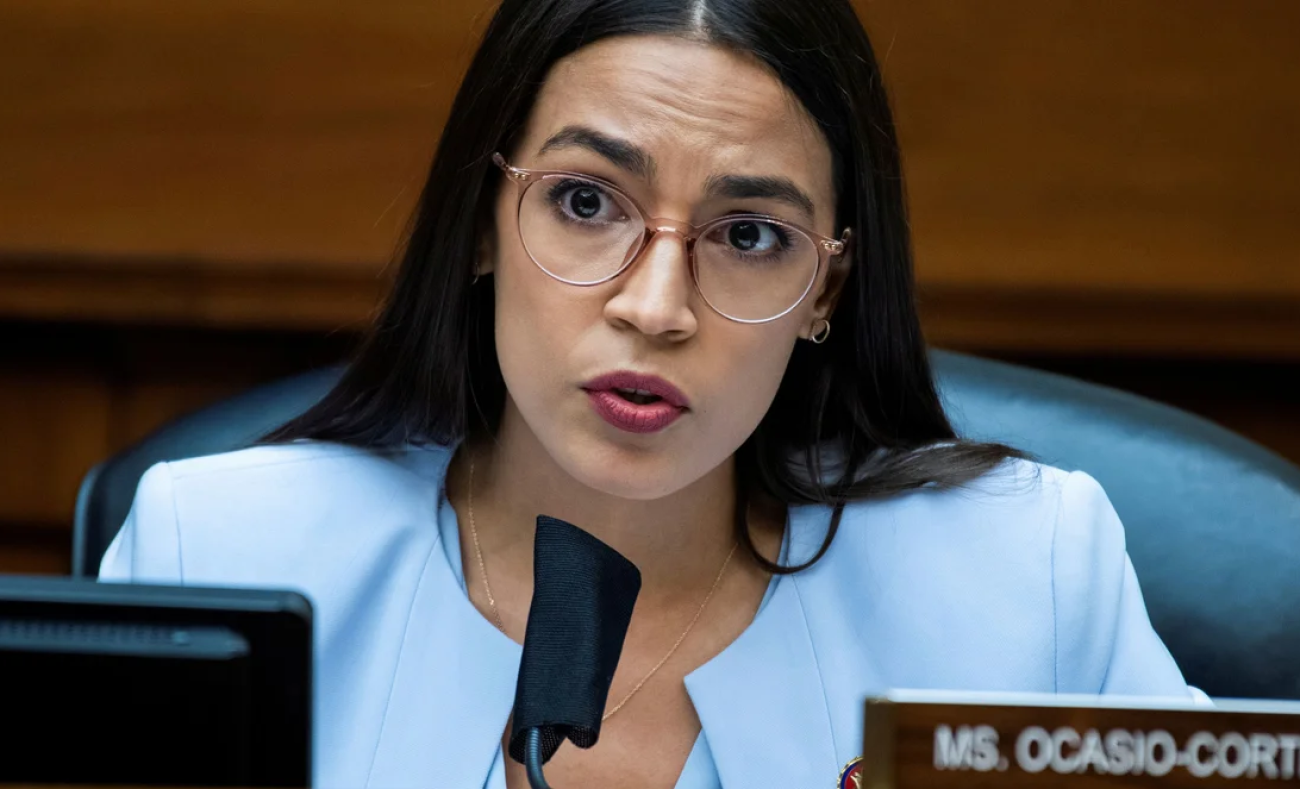AOC Faces Backlash Over Inaccurate Claim About Trump
Miscommunication on Medicaid: A Lesson in the Importance of Accurate Information
A recent claim made by Representative Alexandria Ocasio-Cortez has sparked controversy after she stated that President Donald Trump had “shut off Medicaid.” This statement, which she shared via Twitter, quickly gained traction and led to a significant amount of debate and backlash across social media. However, as the claim spread, it became clear that it was based on a misunderstanding of a technical issue involving the Medicaid website, rather than an intentional policy change. This article takes a closer look at the origins of the claim, the response to it, and the broader implications for political discourse and media responsibility.
I. The Origin of the Claim
The situation began when Ocasio-Cortez retweeted a post from Senator Ron Wyden, which described a temporary disruption to Medicaid services due to a brief outage of the Medicaid portal. The tweet was not suggesting that Medicaid benefits were being cut, but rather that there were technical difficulties preventing access to the online system. However, Ocasio-Cortez’s interpretation escalated this situation, inaccurately attributing the disruption directly to President Trump and claiming that he had “shut off Medicaid.” This caused confusion and led to a wave of reactions, many of which were based on misinformation.
II. Official Clarification
In response to the growing controversy, the White House quickly issued a statement to clarify the situation. Press Secretary Karoline Leavitt confirmed that while there was a temporary issue with the Medicaid portal, it did not affect any payments or coverage for beneficiaries. She emphasized that Medicaid services were fully operational and that the disruption was a result of a technical glitch rather than an intentional policy change. This clarification was aimed at reassuring the public that Medicaid, as a crucial health service for millions of Americans, remained intact.
III. The Ripple Effect of Misinformation
Despite the White House’s swift response, the damage had already been done. The false claim continued to spread across social media, fueling heated debates and divisiveness. Supporters of Ocasio-Cortez defended her, while critics—especially those aligned with Trump—accused her of spreading misinformation. This incident highlights a larger issue in the age of social media, where unverified statements can quickly go viral, regardless of their accuracy. The speed at which misinformation circulates is a concern for political discourse, as it can distort public perception and make it harder to engage in constructive debates.
IV. Fact-Checking and Accountability in Political Communication
This incident underscores the growing need for responsible fact-checking in political communication. In a world where information spreads at lightning speed, politicians, journalists, and the public alike must prioritize accuracy and verification. The rapid spread of the false Medicaid claim serves as a reminder of the responsibility that public figures have to ensure that the information they share is both factual and well-founded.
The role of the media also comes into focus. Journalists and news outlets play a crucial role in providing accurate, verified information to the public. In an age where anyone can broadcast their opinions to millions via social media, it’s more important than ever for professional media to maintain a high standard of truth and transparency. Fact-checking and clear communication are essential tools for fostering informed decision-making and preventing the spread of misinformation.
V. The Impact on Public Discourse
The broader implications of incidents like this are significant. Misinformation can easily distort public opinion and deepen political divisions. When false claims are made by influential figures, they can shift the narrative, distract from more important policy debates, and even undermine public trust in key institutions. As society becomes more polarized, the ability to discern truth from falsehood becomes increasingly difficult, especially when misinformation is amplified by social media platforms.
For instance, in this case, the claim about Medicaid sparked debate about healthcare policy, but it also turned into a partisan issue. This incident serves as an example of how misinformation can exacerbate existing political divisions, making it harder for citizens to engage in reasoned discussions about policy.
VI. Moving Forward: Promoting Transparency and Accuracy
Moving forward, it’s critical that both public figures and the media prioritize transparency and accuracy in their communications. Politicians should verify information before making public statements, and media outlets should fact-check claims and provide context to ensure that the public is receiving reliable information. This is particularly important in today’s fast-paced media environment, where stories can be shaped by initial reactions rather than thoughtful analysis.
It’s also essential for platforms like social media to play a role in curbing the spread of misinformation. While these platforms have created new avenues for public debate, they have also made it easier for false information to gain traction quickly. Social media companies must take greater responsibility for ensuring that the information shared on their platforms is accurate and not misleading.
VII. Conclusion: A Call for Responsible Communication
In conclusion, the controversy surrounding Representative Ocasio-Cortez’s claim about Medicaid illustrates the powerful impact of misinformation in modern politics. It highlights the importance of accurate information in shaping public discourse and underscores the need for greater accountability in political communication. As we continue to navigate a rapidly evolving media landscape, it’s crucial that everyone—politicians, journalists, and the public—commit to ensuring that our discussions are rooted in facts. By prioritizing transparency, accuracy, and fact-checking, we can help restore trust in the political process and foster a more informed and engaged citizenry.
